"Jain" means "conqueror." Its founder, Mahavira ("Great Hero"), was a contemporary of the Buddha, Confucius, Lao Tzu, and the Hebrew prophets Jeremiah, Ezekiel, and Isaiah. With the possible exception of Lao Tzu and Confucius, none of these men met or were influenced by each other, but the times certainly must have been ripe for spiritual movements.
Much like the Buddha, Mahavira's principal concept was that of dualism. The universe consists of the two opposing forces of good and evil. But where the Buddha discovered the Middle Way between the two, Mahavira proposed another philosophy. He understood the "good" in terms of soul, or life. Evil was lifeless, or matter. Soul or feelings exist in everything, even the dust of the ground or rocks of the landscape. But soul is entrapped in matter, "coated," so to speak, forming a material covering imposed by karma (See Hinduism). The human predicament is that the body (material, evil) is thus a form of prison for the soul (spiritual, good). So since karma placed you into this shell, the only way to break out is by extreme asceticism (See Ascetic).
This is to be carried out through five principal activities:
Non-injury to life
Truthfulness
Taking nothing unless it is offered
Celibacy
Renouncement of all attachments
Pertaining to the first activity, Jains are vegetarians. Some even place screens over lamps to keep moths from hurting themselves in the flames. Others wear masks to keep from breathing in insects or sweep the path before them to avoid stepping on and crushing ants or bugs. This extreme form of attention is meant to avoid bad karmic repercussions in the next life.
Certainly the most well known of those influenced by Jainism was Mahatma Gandhi (See Gandhi, Mahatma). Mahavira's principles, especially those concerning non-injury, greatly shaped Gandhi's practice of nonviolent political opposition. Such practices proved to be a great influence on a young student named Martin Luther King Jr. So it can be argued that Jainism had a great deal to do with shaping the America we have known since the decade of the 1960s.
Today Jainism is considered a minority sect within Hinduism, but Mahavira has taken his place among the great religious founders of all time. There have only been nine of them in the history of the great world religions: Buddha (Buddhism), Confucius (Confucianism), Jesus (Christianity), Lao Tzu (Daoism), Mahavira (Jainism), Moses (Judaism), Muhammad (Islam), Nanak (Sikhism), and Zoroaster (Zoroastrianism).


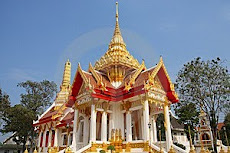











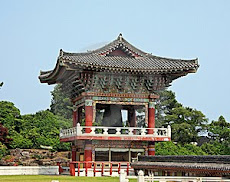
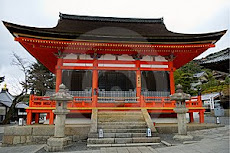





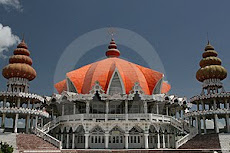

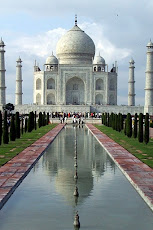






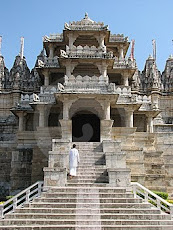






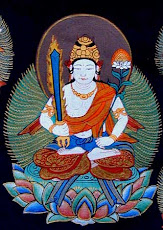







No comments:
Post a Comment